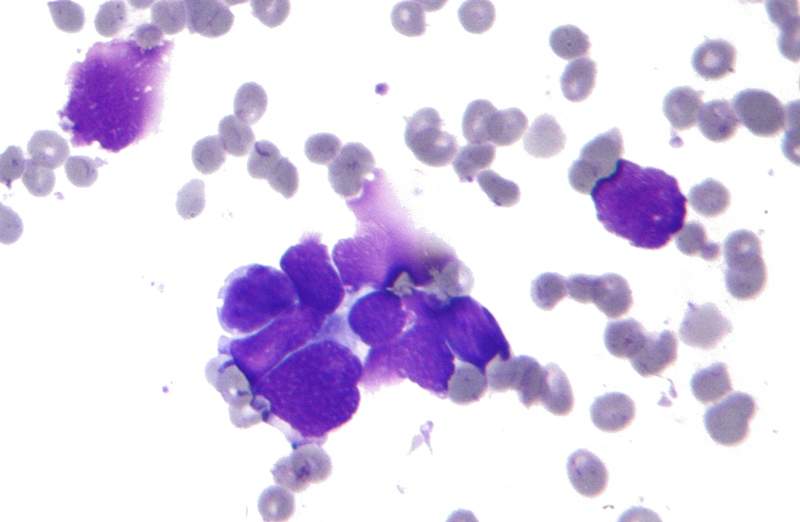
Xcovery has enrolled the first cohort of patients in a Phase l/ll clinical trial to investigate the safety and efficacy of vorolanib (X-82) in combination with nivolumab (Opdivo) for the treatment of non-small cell lung cancer (NSCLC) or thymic carcinoma.
The open-label, single-group assignment trial aims to enrol around 140 subjects.

Discover B2B Marketing That Performs
Combine business intelligence and editorial excellence to reach engaged professionals across 36 leading media platforms.
Led by Vanderbilt-Ingram Cancer Center representative Dr Leora Horn, the trial is expected to enrol refractory patients with NSCLC naïve to checkpoint inhibitor therapy, as well as NSCLC patients who have progressed on checkpoint inhibitor therapy, or thymic carcinoma.
Primary objectives of the trial are to evaluate the safety and response rate of nivolumab in combination with vorolanib in the enrolled patients.
Secondary objectives of the trial include the anti-tumour activity as measured by response rate for the vorolanib and nivolumab combination, as well as safety, progression-free survival and overall survival.
Horn said: “Despite the success of checkpoint inhibitors, there is a need for new treatment modalities to expand the patient population who would benefit from these immunotherapies and/or to overcome resistance to immunotherapies.

US Tariffs are shifting - will you react or anticipate?
Don’t let policy changes catch you off guard. Stay proactive with real-time data and expert analysis.
By GlobalData“The vorolanib combination with nivolumab could be an interesting option.”
Vorolanib is a next-generation vascular endothelial growth factor (VEGFR) inhibitor developed by Xcovery as a measure to reduce toxicities for combination use.
It is being investigated to treat patients with advanced solid tumours, including non-small cell lung cancer, thoracic tumours, renal cell carcinoma, and melanoma.
Nivolumab is developed by Bristol-Myers Squibb and has already been approved as an anti-PD-1 monoclonal antibody.
The drug has demonstrated significant benefits to a number of cancer patients in recent years by activating the patient’s own immune system to attack the tumour.





